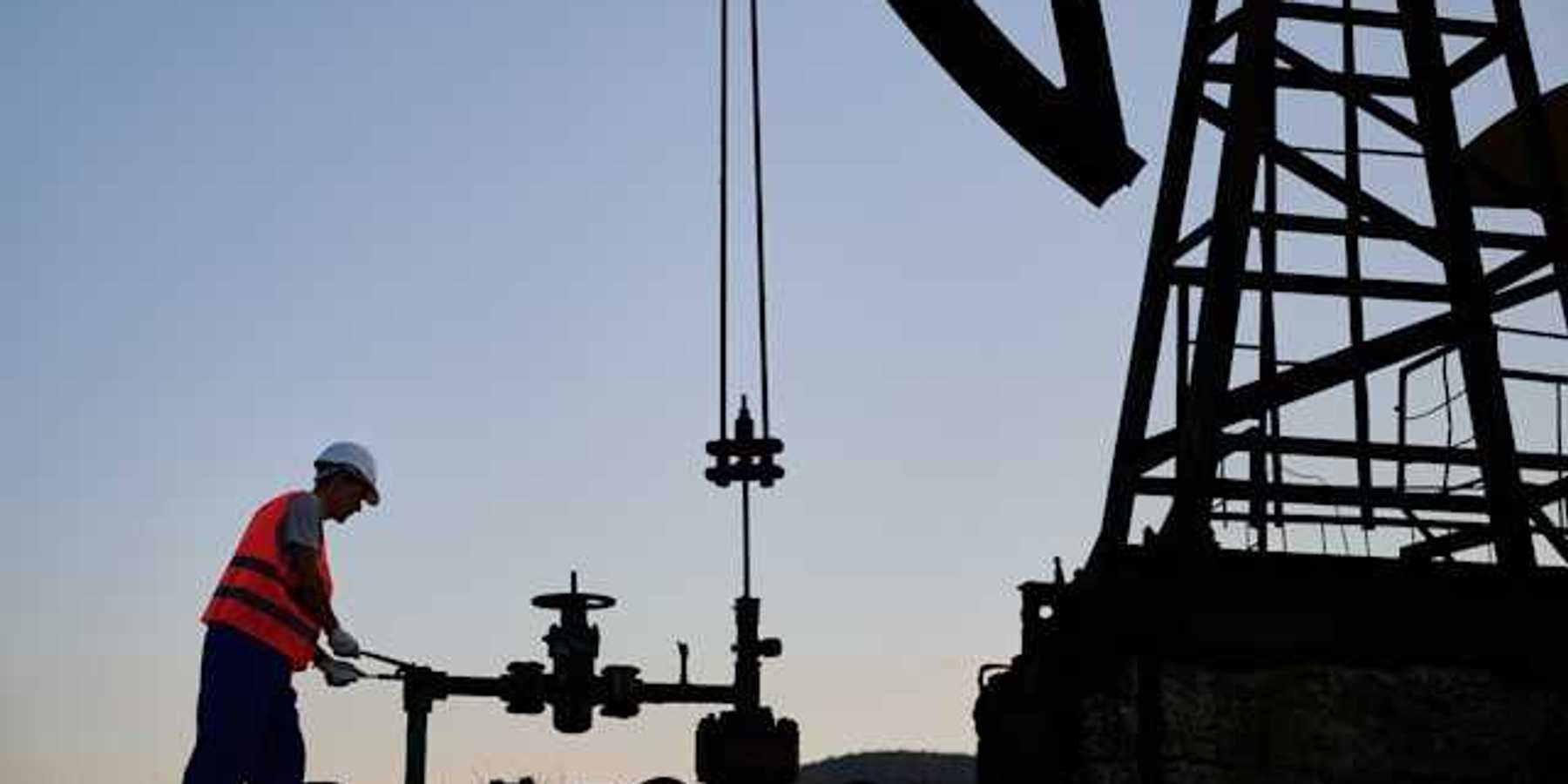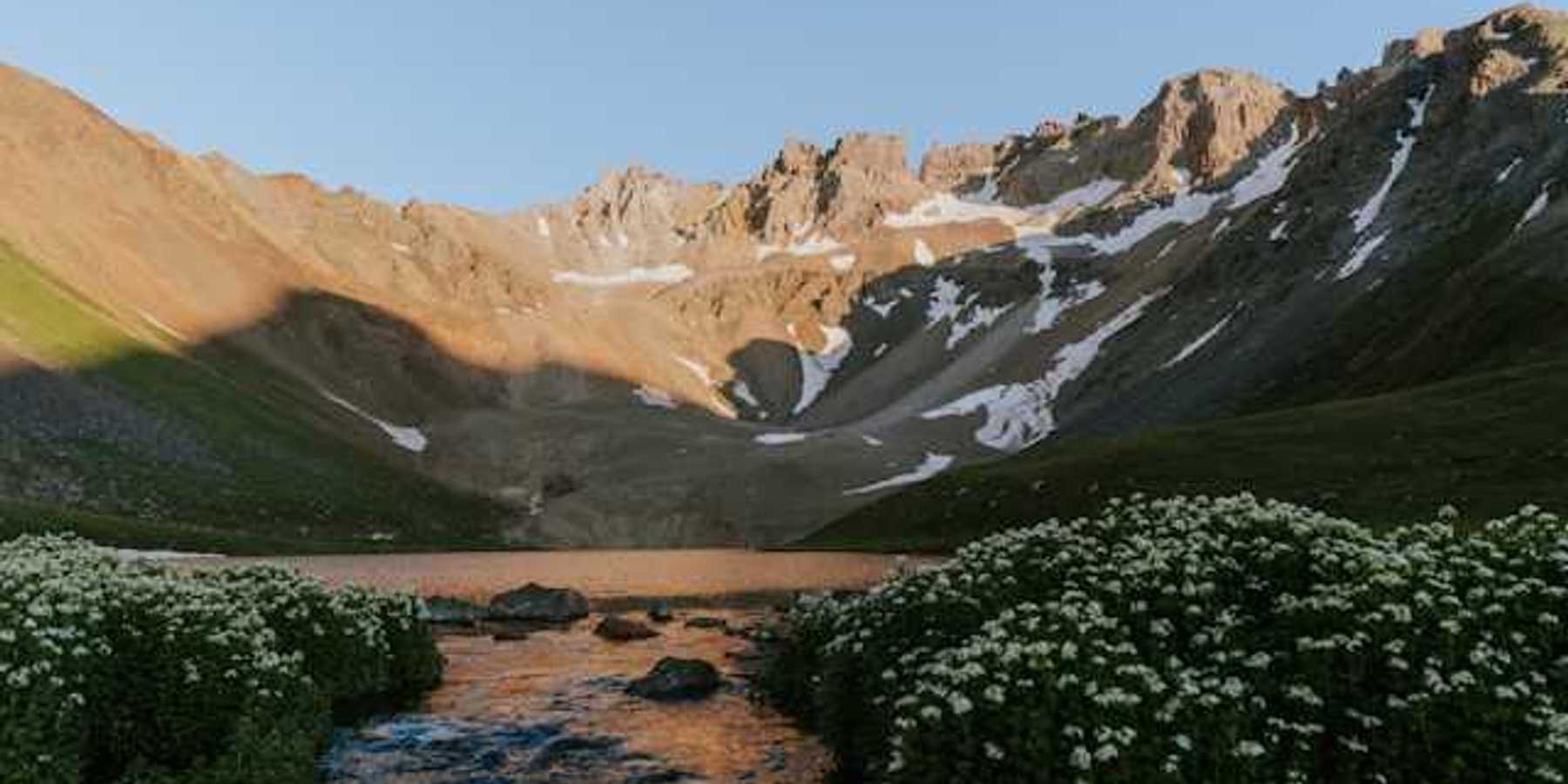Wildfires threaten drinking water as ash and chemicals pollute watersheds
Wildfires are increasingly compromising U.S. water systems, introducing toxins from burned forests and damaged infrastructure into reservoirs and household supplies.
Daniel Wolfe and Aaron Steckelberg report for The Washington Post.
In short:
- Over 60% of the U.S. drinking water supply comes from forested areas vulnerable to wildfire contamination.
- Post-fire runoff containing ash, debris and dissolved organic matter can overwhelm reservoirs, increasing toxic algae blooms and water treatment challenges.
- Damaged water systems, including melted plastic pipes, can release volatile organic compounds (VOCs), contaminating residential water supplies long after fires are extinguished.
Key quote:
“We’re destabilizing [water] systems and we don’t even know in what way and how.”
— Newsha Ajami, chief strategic development officer for research in the Earth and Environmental Sciences Area at Lawrence Berkeley National Labs
Why this matters:
Megafires are burning larger areas and releasing more harmful materials, straining water treatment systems and exposing millions to potential toxins. Communities must adapt by investing in fire-resilient infrastructure and proactive water safety measures to address worsening fire seasons fueled by climate change.













